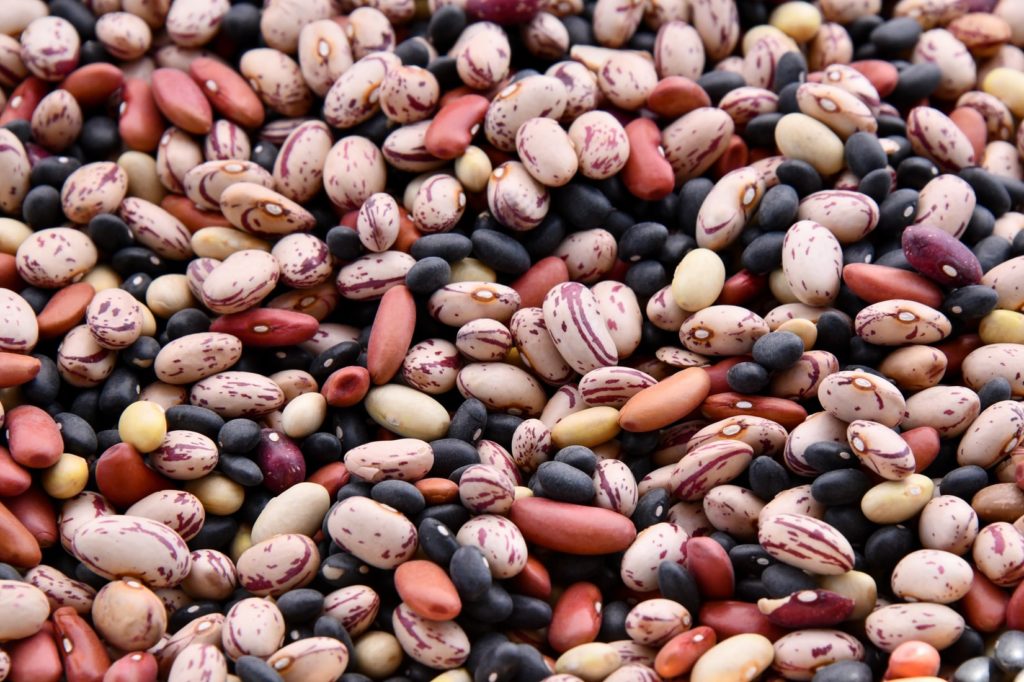Hello, fellow astrobotany enthusiasts! It’s Kai, and I’ve got a quick announcement.
First off, I hope everyone is keeping well during the coronavirus outbreak. Take care of yourselves, and please stay safe and healthy.
Next, as far as astrobotany goes, I wanted to share an opportunity for all astrobotanists/educators/enthusiasts who want to get more involved in the field. Right now, our friends at magnitude.io, are hosting the Leguminaut Challenge. It’s a challenge in which they are asking citizen researchers around the world to help them answer a question: what legume should they send to space?

Why Legumes?
If I asked you to think of a plant- what comes to mind first? Is it a green, leafy sprout, or a little brown bean? When many people are asked to think of a plant, it is rarely a legume. Despite this, legumes are extremely important and play an essential role in agriculture due to their unique traits. Important legumes you may know include pinto beans, black beans, lima beans, chickpeas, edamame, and lentils. These delicious plants are great sources of protein and nutrients, and they’re low in fat. They’re great alternatives to meat- which sounds pretty good for astronauts to eat.
Additionally, legumes have a special structure in their roots called a “root nodule” where a bacteria called “rhizobia” lives. The rhizobia has a special ability to capture nitrogen and “fix” it into the soil- replenishing this essential nutrient. Because of this, many farmers will plant legumes to fix more nitrogen for their other crops. This is a process called “crop rotation”, which ensures the right nutrients are in the soil at the right time so agriculturalists can plant well.
About the Challenge
Our colleagues at magnitude.io are planning on sending a legume into space on their special experiment platform called ExoLab. They want your help deciding what kind of legume they should send to the International Space Station in February 2021 to research.
Here at astrobotany.com, I am particularly excited in things like this. Citizen Science is one of my passions, and if you are an educator with students, this is the perfect opportunity to get directly involved in an emerging science field. I am thrilled that this is the direction we may be heading in the future of astrobotany- a direction in which students get a say in what is studied.
Get involved now!
Let’s grow plants in space!
Kai
